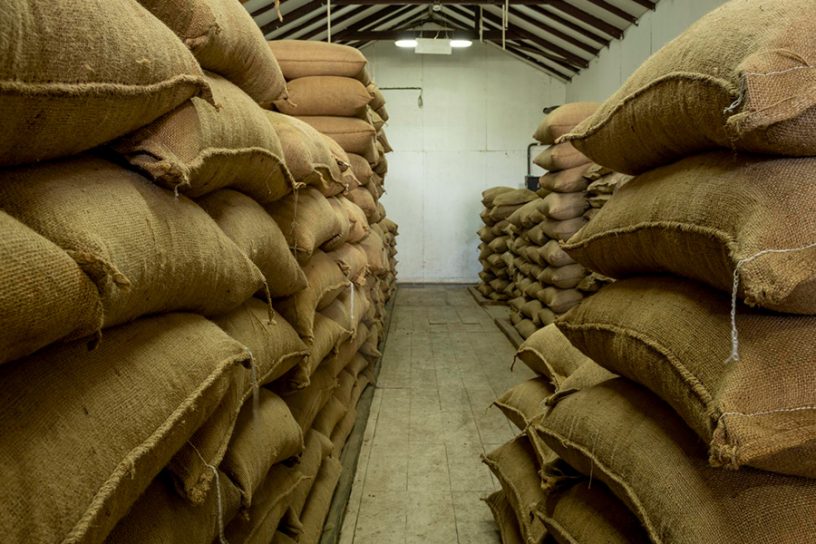
The essay attempts to delineate the intricacies involved in understanding the rights and obligations of the state through development of property rights, and its role in ensuring food security by the creation of respect, protection, and the fulfilment of its people’s right to food.
Authors
Aloke Prabhu, Associate Professor, Jindal Global Law School, O.P. Jindal Global University, Sonipat, Haryana, India.
Lisa Thomas, O.P. Jindal Global University, Sonipat, Haryana, India.
Summary
The evolution of societies based on the market system has led to a “rights”- based approach. The matrix of property rights and its market-centric development has created much conflict and discontent. The idea of food as a commodity has permeated the society by creating an exclusivity granted by property rights. It has led not only to an economic crisis but has had an effect on the political, social, and constitutional fabric of the country.
Critics of neo-liberalism view conflicts concerning property rights from the vantage point of history, economics, environmentalism, culture, and law, in order to evaluate the impact of the commodification of food. Gandhian philosophy, known for its ethical and moral preferences, gives a perspective that holds significance for a market economy. The essay, therefore, attempts to delineate the intricacies involved in understanding the rights and obligations of the state through development of property rights, and its role in ensuring food security by the creation of respect, protection, and the fulfilment of its people’s right to food.
Published in: Reconceptualising Material Culture in the Tricontinent: When Objects Write Back. Cambridge Scholars Publishing, Cambridge, pp. 142-154.
To read the full chapter, please click here.


